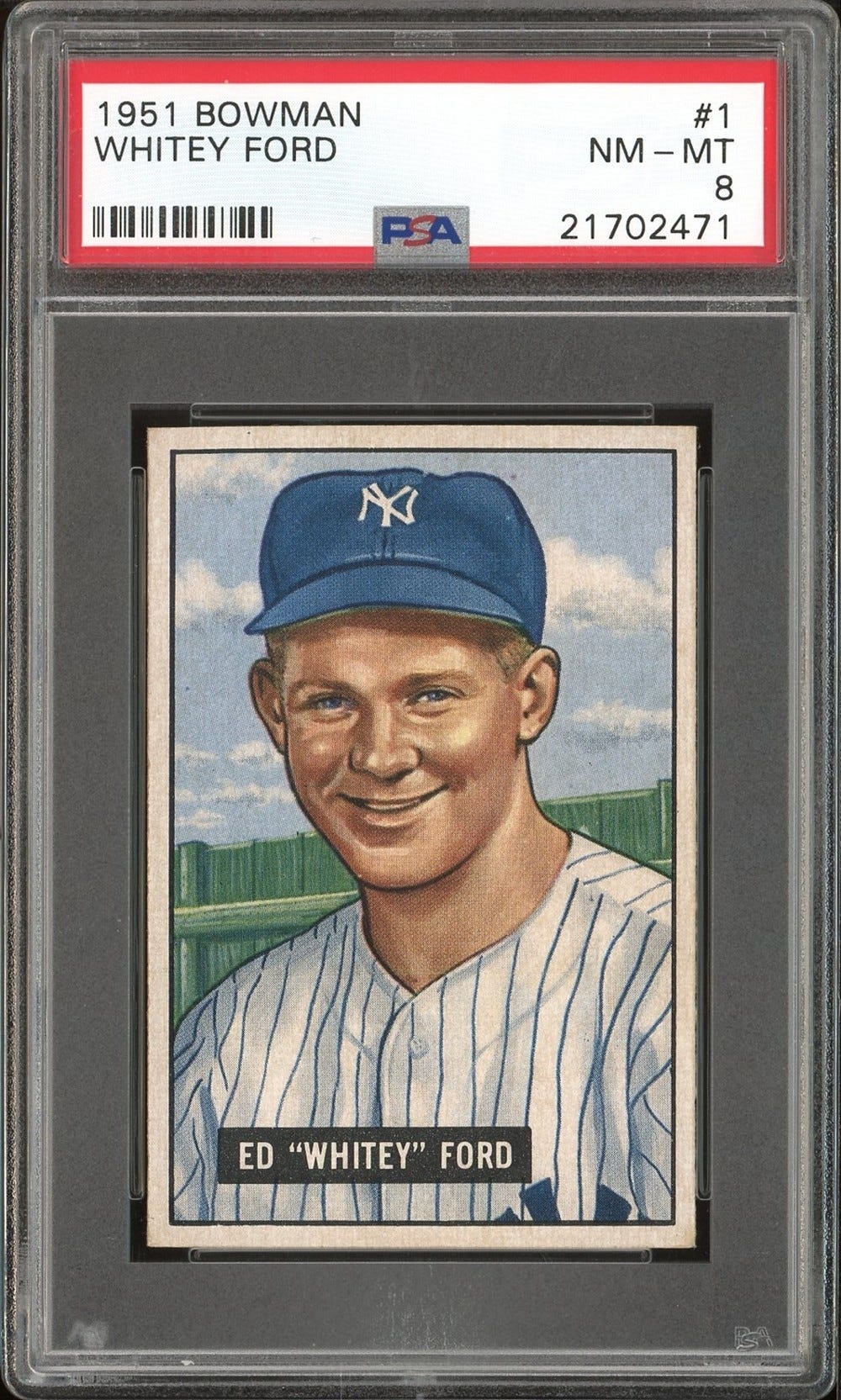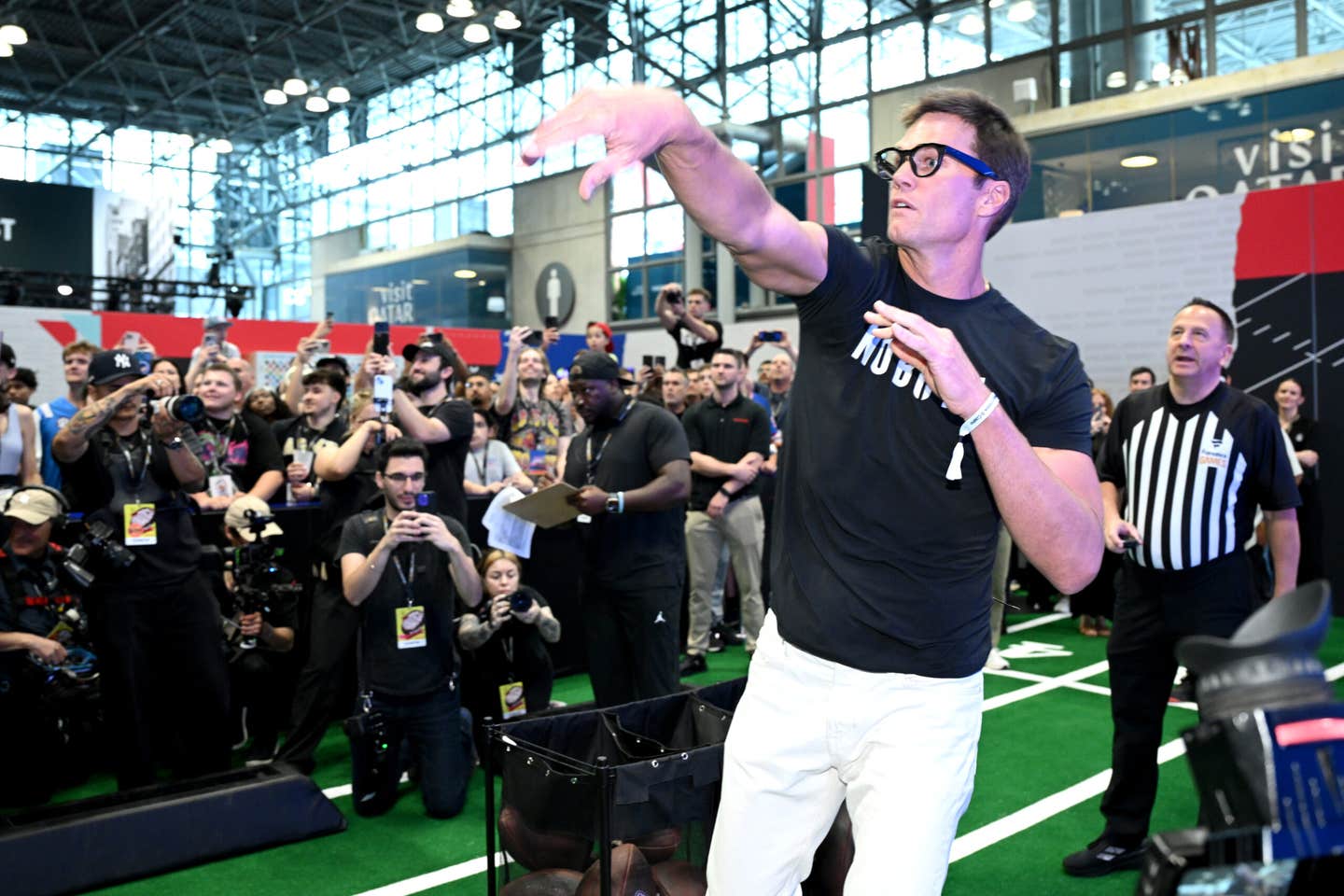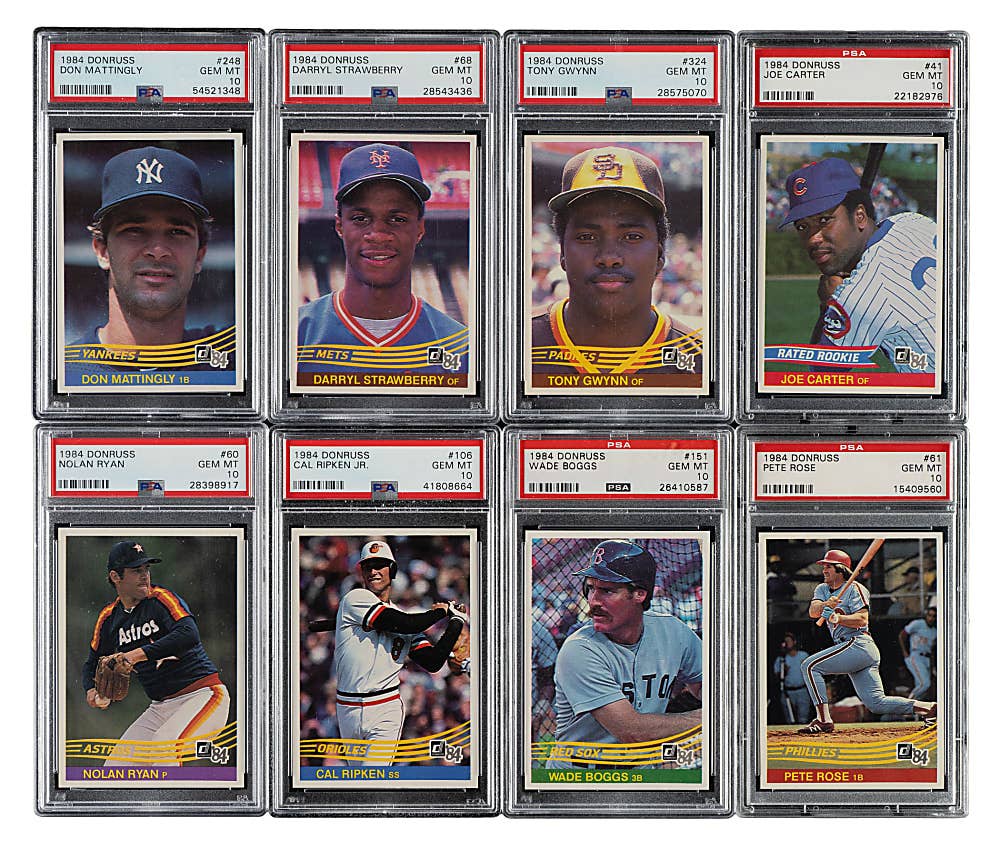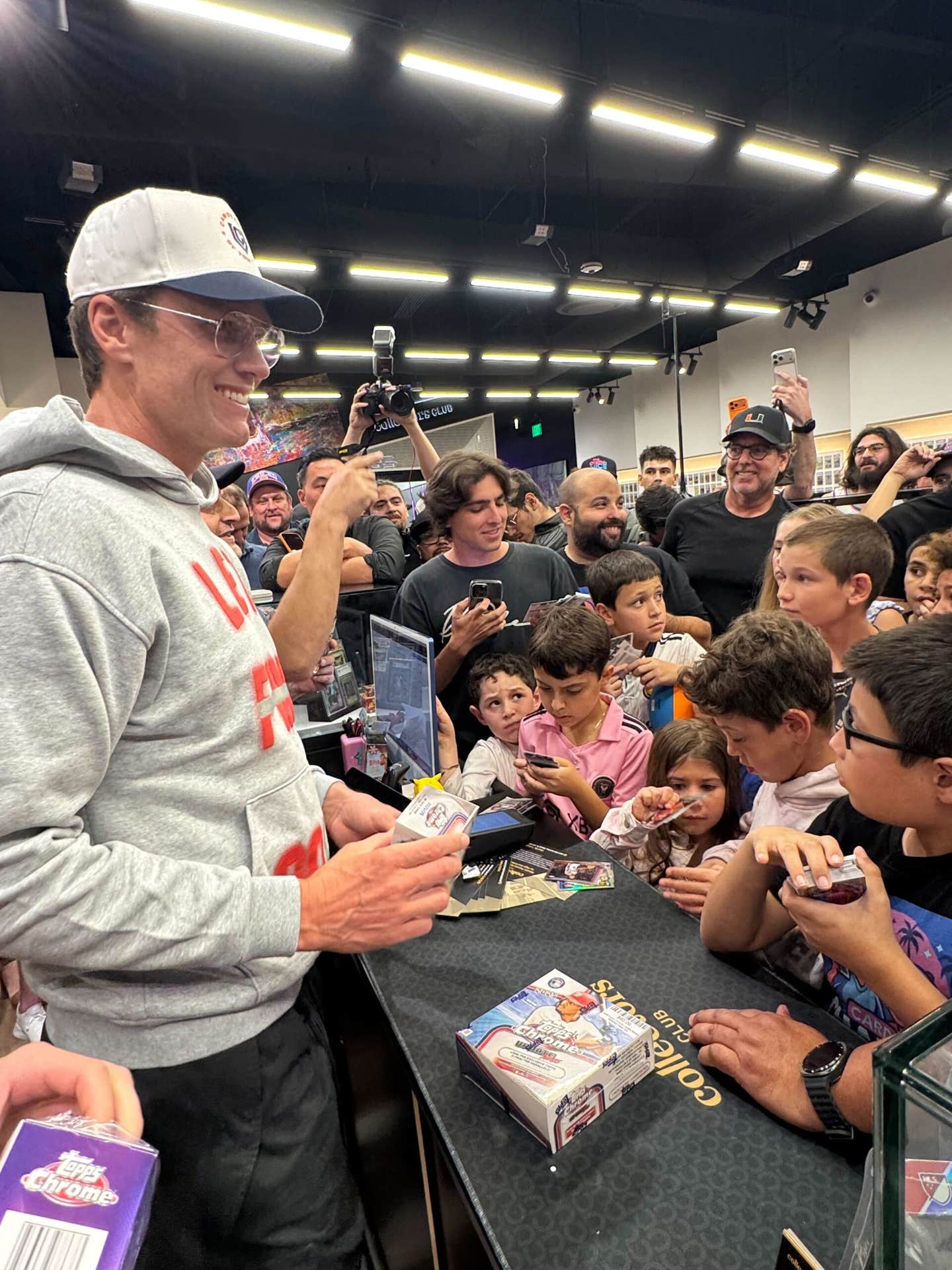News
NBA’s technology Kings
The Sacramento Kings are not the glam team that they were in the 2000s. Unfortunately, they haven't been winning a lot lately and appear poised to miss the playoffs for the 14th straight season, the longest active postseason drought in the NBA. But to their credit, the Kings are ahead of most teams in something not wholly related to basketball: their use of technology. Just recently the Kings launched a blockchain-aided auction that may very well revolutionize the sports memorabilia industry (more on that later), a further sign of how technologically advanced the team is in the NBA.
Kings of tech
To date, these Kings from SacTown are among the most technology-invested teams in all of sports. Fast Company magazine named them the “Most Innovative Company in Sports,” SportTechie.com called them the “Most Tech Savvy Team of 2016” and Sports Business Journal named their arena the “2017 Sports Facility of the Year.”
ZDNet reports how the Kings are leveraging technology in a variety of ways, but mostly to enhance their fans’ experience. The Kings’ “smart” home court, Golden 1 Center in downtown Sacramento, is a prime example of this heavy investment in tech. This state-of-the-art 21st century arena has, among other things, smart entry points that allow 1,000 people per hour to enter the building, an Ultra HD 4K scoreboard, over 1,000 Wi-Fi access points, and an Arena Thermostat feature in which fans can use an app to inform building operations whether air coming from under-seat vents is too hot, too cold or just right.
Golden 1 Center is also home to one of the most advanced data centers in all of sports. This data center has two 100-gigabit circuits that offer internet speed not found in other arenas today, thanks to nearly a thousand miles of both fiber-optic and copper cabling. This ensures ultra-fast and ever-reliable connectivity, and allows the Kings to even mine the cryptocurrency Ethereum. In fact, they have been doing so since 2018, making them the first franchise in sports to actually mine cryptocurrency. That’s on top of another first: In 2014, the Kings became the first sports team to accept Bitcoin as payment for tickets.
Both of these developments underscore just how tech savvy these Kings are, and how committed they are to integrating technology into every level of the franchise. These developments also represent a new frontier the franchise is exploring more and more: blockchain. "We don't know exactly where blockchain is going to take us, but we're experimenting with blockchain every day,” Kings chief technology officer Ryan Montoya told ZDNet. “We're experimenting because we know it's going to revolutionize a lot of things. We're looking to various aspects, from ticketing to payments, with blockchain."
Struggling but still innovating
However, despite their investment in technology the Kings are struggling at the moment. This is surprising given the Kings' strong finish last season, as well as their exciting core of De'Aaron Fox, Buddy Hield, Marvin Bagley III, and Harry Giles III. Playing in the loaded West certainly hasn't helped this young team, but it wouldn't be a surprise if the Kings made a move, especially if their dynamite backcourt of Fox and Hield reach their full potential.
That started to happen (the team won six of eight in a recent stretch) as Hield, one of the Kings' cornerstones, finally began playing like a star, and that bodes well for Sacramento. Fittingly, the Bahamian baller features prominently in the Kings' latest tech-fueled innovation: the aforementioned blockchain-based auction. How this works is simple: Fans can go to the Kings website (or download their app) and participate in a live auction for a game-worn jersey. Next, details about the jersey — the player who wore it, the date of the game, and the opponent, among others — will be recorded on and authenticated by Treum, a provenance platform that uses blockchain to bring transparency, traceability, and tradability to supply chains. Treum will then issue to the winning bidder a digital token of provenance, which doubles as proof of ownership.
The first Kings gear to be auctioned off was from Hield, a Sacramento fan favorite. Hield’s black game-worn jersey from the Kings’ Jan. 16 game against the Dallas Mavericks sold for $1,090, and became the first-ever sports memorabilia sold with the help of blockchain. Proceeds from this particular sale were donated to Hurricane Dorian relief efforts, given Hield’s ties to the Bahamas. Proceeds from subsequent auctions, meanwhile, will still be used for charity, as they will be allotted for the Sacramento Kings Foundation.
A game-changer
Verifying that any memorabilia is indeed authentic has always been a challenge for both buyers and sellers. In a Kings press release announcing their latest innovation, ConsenSys head of business development Bradley Feinstein notes how this problem has only gotten bigger due to increasing digitalization. “The digital era has drastically increased access and optionality for many consumers, but it has also decreased verifiable provenance," said Feinstein. “How can you be sure that the physical goods delivered to your door are legitimate and as real as advertised? How can you trust the authenticity and ownership history of something you bought online?”
The Kings, ConsenSys, and Treum are putting forth their platform as the answer to all those questions. For one, all details regarding every item sold through this platform will be recorded and immutably saved on the ConsenSys-backed Ethereum blockchain through Treum. These details will legitimize the item as the real deal, complete with the aforementioned digital token of provenance. This authentication process, in turn, will give collectors peace of mind. That’s because they will know that they are investing in something genuine, and will actually have a way to prove authenticity when necessary.
One common scenario where provenance is crucial is when a collector decides to sell an item. Imagine, in this case, that Hield continues to make his star shine for Sacramento. Once the Kings start winning, the value of his game-worn jersey will likely increase in the process. In the event the winning bidder decides to sell it, he or she will have proof that (a) the jersey was, indeed, worn by Hield and (b) they are the rightful first owners of the gear. Having said that, imagine the auctioned-off opening-night jersey LeBron James wore in 2010. That was the first time LeBron played in a meaningful game in a Miami Heat jersey, making it a certified collector’s item. Consequently, its value today is likely in the tens of thousands. As the NBA facilitated the auction there is likely documentation included for any sale. Problem is, traditional documents can be faked, and there is no surefire way for collectors to determine their veracity — save for communicating with the NBA itself. That wouldn’t be a problem with a blockchain auction.
Blockchain explained
So what is blockchain? Blockchain was originally created as a digital ledger for cryptocurrency transactions. However, it has found other practical applications, particularly in recording and storing data. That's because each transaction in the blockchain is "recorded" in a block, which then gets distributed to a vast network that confirms the transaction's validity. Once verified, this block of information is added to a blockchain, thereby creating a permanent, immutable record. This record is public, and can be accessed, but not altered, by anyone. The Kings described it this way in a press release, “By using this platform, every auctioned item will be authenticated, and a transparent audit trail of product history will be established, so fans will be assured that each piece of gear is authentic.”
Only for home games
At the moment, the Kings are breaking in their new innovation slowly. Their plan, initially, is to live-auction jerseys worn during home games only. But given the Kings' forward-thinking ways, it wouldn't be a surprise if they ultimately do blockchain-assisted auctions for every game. Who knows, the Kings might soon be live auctioning game-worn jerseys from playoff games. That would sure be sweet for the passionate fans in SacTown.








